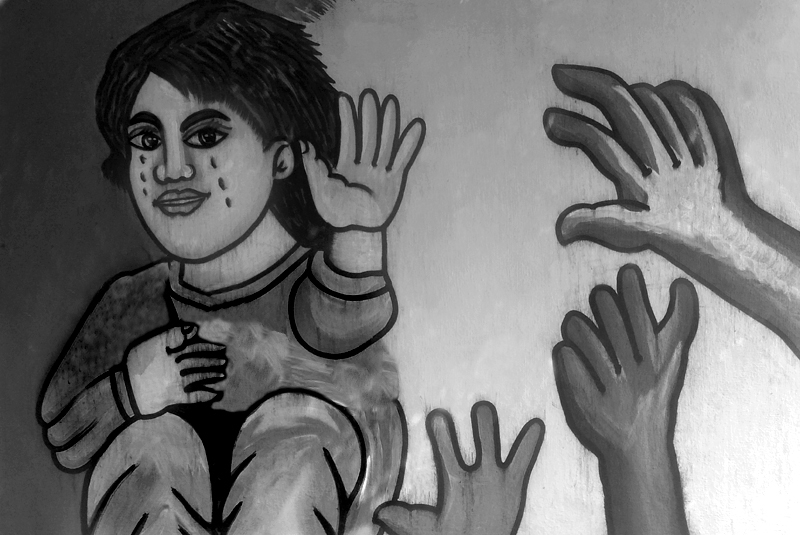On 3 March 2021 a man in Hardoi district in India’s northern Uttar Pradesh state beheaded his 17-year-old daughter and personally conveyed her severed head to the village police station. His daughter’s crime was simply that she had ‘shamed’ the family for being in a relationship with a man. Such atrocious murder is not uncommon within and beyond India.
All over the world, men and women are arbitrarily slaughtered because of acts considered ‘dishonourable’ by their families and communities―though the majority of those who suffer from the barbarisms are women and girls. The United Nations Population Fund Estimates that over 5000 women are killed every year in the name of ‘honour,’ mainly in the Middle East and Asia. The reasons for this range from engaging in premarital or extramarital sex, failing to acquiesce in arranged or forced marriages, divorcing or separating from one’s spouse, becoming the victim of rape, dressing inappropriately or indecently by social conventions. Can honour be central to ending this practice?
‘Honour’ might pose problems for the moralist. On the one hand, honour seems to be an ally of morality, for the honourable person is almost always a socially upright person entitled to respect as a member of one’s community. On the other hand, honour is not so much about morality as about status and recognition.
The honourable person may or may not be morally decent, for, in the quest to maintain one’s status, one may engage in behaviour that―while socially necessary to gain, or regain a lost, respect―is objectively morally unconscionable; and morality, as we know, traverses whatever the herd or tribe says. Thus honour pulls in two contradictory directions by supplementing or breaching moral principles.
Copyright©Madras Courier, All Rights Reserved. You may share using our article tools. Please don't cut articles from madrascourier.com and redistribute by email, post to the web, mobile phone or social media.Please send in your feed back and comments to [email protected]











